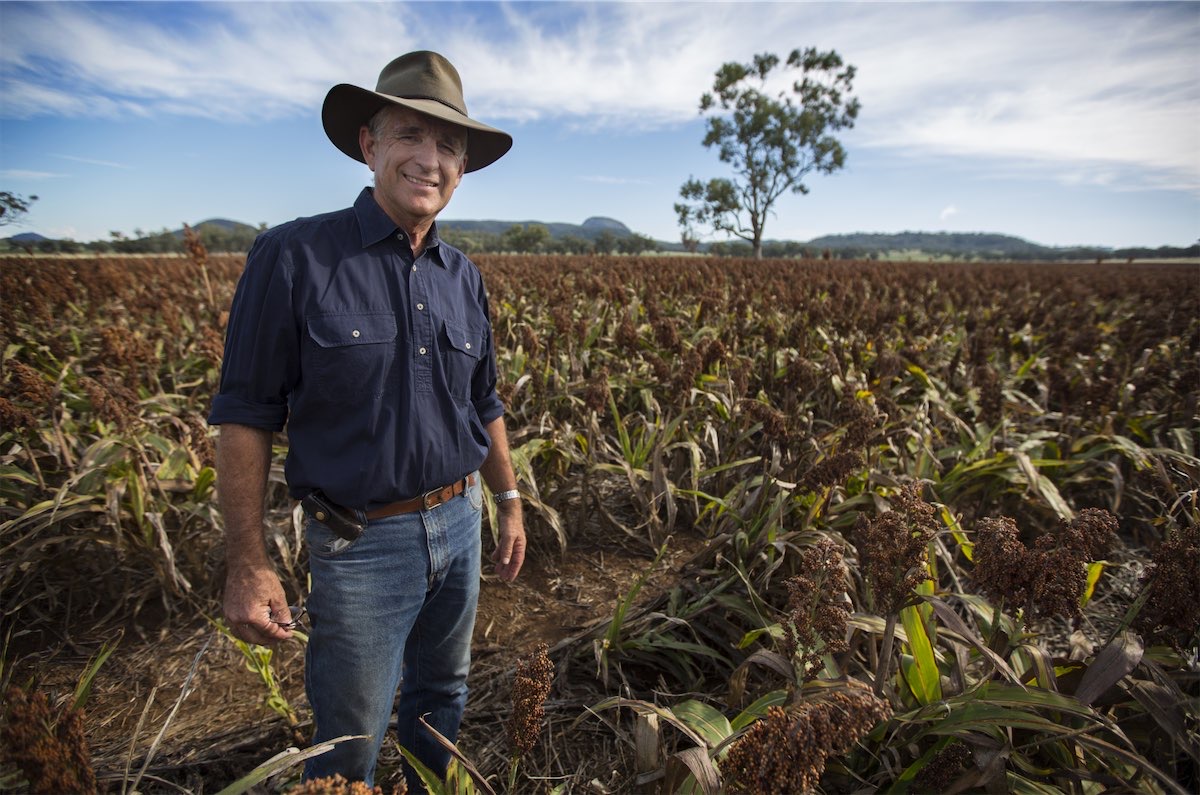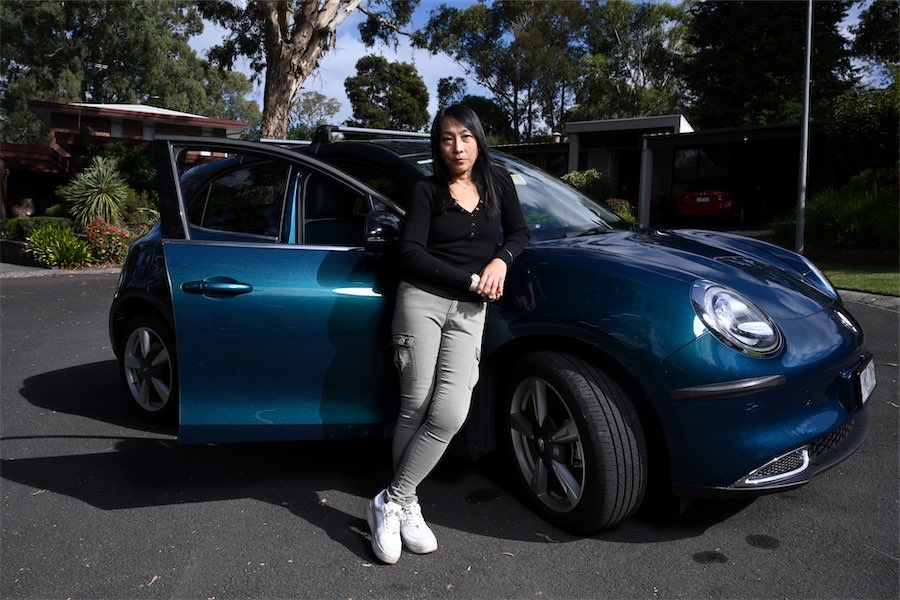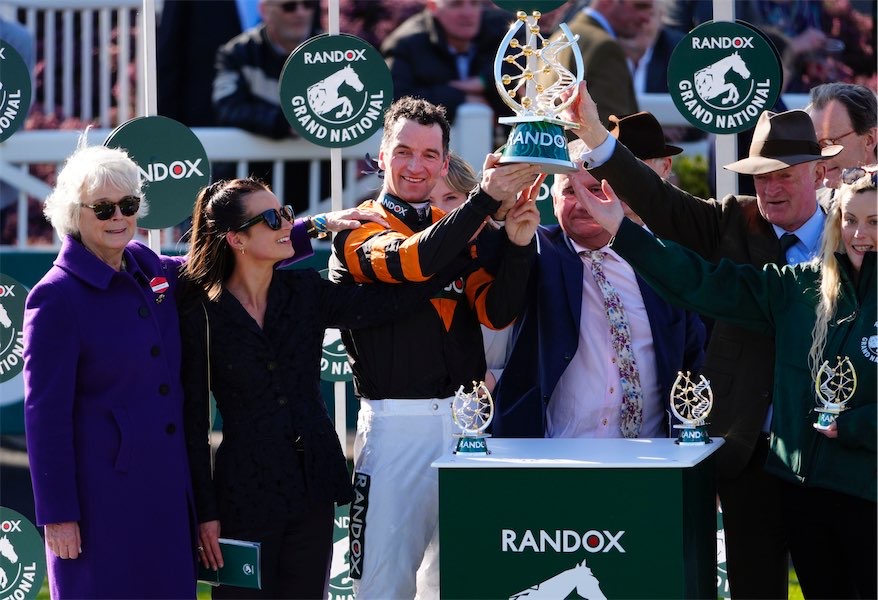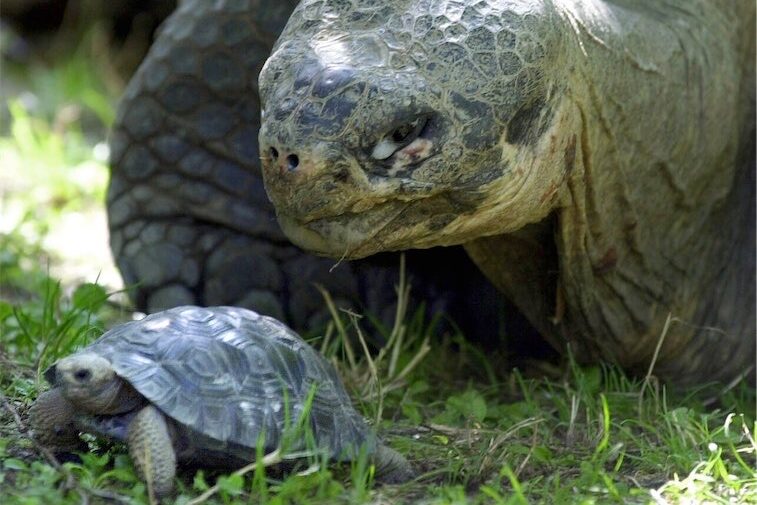
Former deputy prime minister John Anderson has joined group spearheading “no” campaign on the Voice, reports MICHELLE GRATTAN.
FORMER deputy prime minister John Anderson is one of the six- member committee launched on Monday to spearhead the “no” case in the Voice referendum.
The Voice No Case Committee’s “Recognise a Better Way” campaign argues the Voice is “the wrong way to recognise Aboriginal people or help Aboriginal Australians in need”.
The committee includes four indigenous members and two former ministers.
The indigenous members are NT Country Liberal party senator Jacinta Price; Warren Mundine, a one-time president of the ALP who ran as a Liberal candidate in 2019; Ian Conway, who started and developed Kings Cross Station in the NT and Bob Liddle, owner of Kemara enterprises.
Anderson, former leader of the Nationals, was deputy prime minister between 1999 and 2005. Gary Johns was a federal MP in 1987-96 and served as special minister of state in the Keating government. Later he became a critic of Labor. He is the former commissioner of the Australian Charities and Not-for-profits Commission.
Anderson said he could not support race-based measures in the constitution. He described those race provisions that are currently there as “regrettable”.
He condemned the “shaming” of those – many of whom were not against recognition as such – who were asking “legitimate questions” about the referendum. “It’s not the way that Australia should be doing business.”
Anderson also said there was a refusal by the “expertocracy” to listen to people with lived experience. He cited the debate over access to alcohol in NT communities – elites were saying the right to consume alcohol was more important than the safety of women and children.
The Recognise a Better Way campaign put forward what it described as “a positive three-point plan”. This would recognise Aboriginal prior occupation in a preamble to the constitution, establish a parliamentary committee for native title holders, and support Aboriginal community-controlled organisations.
“The Voice to Parliament is a distraction from important issues that need to be undertaken to improve the quality of life of Aboriginal Australians. Aboriginal Australians do not need more voices; they need a way into wider society,” the group said in a statement.
The group will be issuing discussion papers and holding meetings across the country.
On Thursday opposition leader Peter Dutton will attend, virtually, a meeting of the government’s referendum working group that is advising on the Voice.
Dutton has put an extensive list of questions to the government about the Voice, on which the Liberals still have to reach a position.
Nationals leader David Littleproud told reporters on Monday he personally supported the insertion of a preamble acknowledging indigenous Australians were here first. He believed there would be broad support for that in his party room – which has declared opposition to the Voice.![]()
Michelle Grattan, Professorial Fellow, University of Canberra. This article is republished from The Conversation.
Who can be trusted?
In a world of spin and confusion, there’s never been a more important time to support independent journalism in Canberra.
If you trust our work online and want to enforce the power of independent voices, I invite you to make a small contribution.
Every dollar of support is invested back into our journalism to help keep citynews.com.au strong and free.
Thank you,
Ian Meikle, editor








Leave a Reply